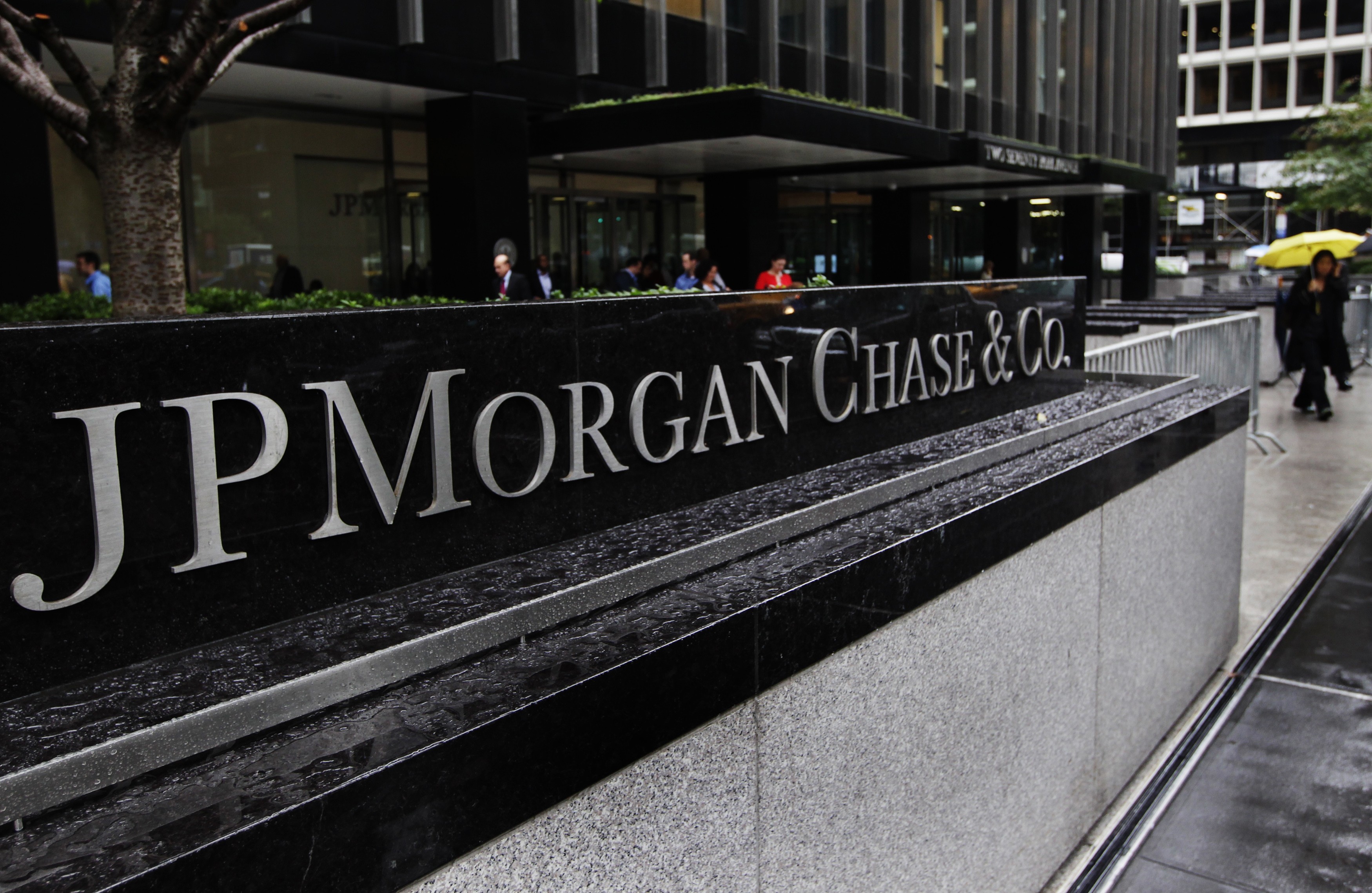Last summer, when news broke of JPMorgan’s trading losses — the one in which initial reports said the bank lost $2 billion — a banking executive told me the media was making too much of the incident. It “was no big deal,” he said. “Losses are part of this business.”

For such a large financial institution, it was not even a flesh wound. “Small,” he said, “when compared to what JPMorgan makes in a year,” which was somewhere in the neighborhood of $19 billion in profit for 2011.
JPMorgan’s loss, however, on that single series of bad trades, has since been found to be much more than originally thought — an estimated $6 billion. What was described as no big whoop turned out to be the equivalent of a third of the bank’s profit from the year before. (JPMorgan’s 2012 income could be released as early as next week.)
With trustworthy banks Like these …
Consider that JPMorgan has been considered one of the world’s most stable banks, especially in the years since the 2008 global financial crisis. Also, take into account that the bank’s CEO, Jamie Dimon, initially called reports of his company’s loss a “tempest in a teapot.” As it turns out, that was one helluva big pot stewing one bitching brew that’s left a worsening taste in the mouth of the banking public.
Bad metaphors aside, the point here is the scandal has further eroded the trust of us regular Joes and, come to find out, big traders and former banking titans, too. According to an article in the current issue of The Atlantic, such misgivings are worse than thought by even a cynic such as me.
In the article, titled, “What’s Inside America’s Banks? How Wall Street Could Blow Up the Economy—Again,” authors Frank Partnoy and Jessie Eisinger, cite data by a commissioner on the Securities and Exchange Commission that show “79 percent of investors have no trust in the financial system.” As for the rest of us Americans, that confidence in big banks has eroded as well, they report, from the 1970s when 3 in 5 Americans trusted big banks to 1 in 4 in 2012.
Why this suspicion? Think back over the past few years during which we witnessed the following banking scandals—or dare we say it, crimes:
• The manipulation of the London Interbank Offered Rate (LIBOR), which allowed certain banks to illegally earn billions at the expense of governments, citizens, even other financial organizations.
• JPMorgan’s aforementioned loss due to improper trading by the very unit responsible for managing risk at the bank. Reportedly, numerous shareholders have even filed suit alleging the bank misled them in financial statements.
• The U.S. and Mexican units of HSBC have been accused of funneling $881 million in drug cartel money. The British-based bank, Europe’s largest, agreed to pay a minimum $1.9 billion to settle the probe and basically defer the charges.
• Standard Chartered, another U.K.-based bank, agreed to pay $327 million for alleged violations of U.S. sanctions against Iran, Libya, and other nations.
• And in a particularly proud moment for this writer, a financial organization with ties to both my hometowns really screwed the pooch: a trader at Memphis-based Morgan Keegan, a unit of Birmingham-based Regions Financial Corp., allegedly cost investors an estimated $1 billion through illegal “price adjustments” made to hide losses.
Why Is Trust Important?
Note that all of these unfortunate incidents happened or were discovered since the big financial unraveling of 2008. (Note, too, these incidents concern the so-called big banks, not smaller, community financial institutions.) Yet, the hits just keep coming, in large part because there aren’t significant enough legal repercussions to deter such illegal and economic destabilizing behavior. It seems merely paying fines—even as big as those listed above—is just a cost of doing business for the big banks, as is, again, the loss of public confidence in the trade.
But why is such trust in banks important? Because, less trust in our major financial institutions equals less investment, and that’s eroding the very foundation upon which these financial institutions help build our economy. (That’s not to mention that such dastardly behavior also uses our money in ways that puts it and our futures at risk.)
So what do we do about it?
Be angry, very angry, and call for simplified regulatory policy. According to Partnoy and Eisinger, additional regulations aren’t needed; there are already more than enough. So much so that the bad guys have buried escape clauses in the very rules designed to regulate their activities.
Consider that the Glass-Steagall Act of 1933 — one of the most significant pieces of financial legislation of the 20th century and the repeal of which many former banking industry leaders now say was wrong — was just 37 pages long. Compare that to the latest attempt at major banking regulation, the Dodd-Frank bill, which, still unfinished, could come in at a whopping 30,000 pages.
But don’t believe the financial industry that the cause of too much regulation is government overreach. On the contrary, banks and their legal counsel have pushed for and made regulation all the more complex as a means of obfuscation, say The Atlantic writers. According to a variety of sources, the financial lobby spent a total of some $200 million in 2010 and 2011 lobbying regulators, and estimates are even larger for the money thrown at the rules makers in 2012. No surprise, by most accounts the money spent has already broken most lobbying records for money spent to influence a single piece of legislation.
Bypass the influence peddling, say Partnoy and Eisinger, and go back to laws from the days before the 2008 financial crisis, for which no “senior banker from a major firm has gone to prison.” Prosecution, the writers contend, should again be based on recklessness, as opposed to the current guidance of intent: “In other words, even if [banker muckety-mucks] did not purposefully violate the law, because they had some technical justification [read: loophole] for their conduct, they still might be liable for doing something a reasonable person in their position would not have done.”
Instead, the current regulatory bills are really just a series of mazes through which anyone but the “key makers” have little chance of finding their way. Meanwhile, most of us little people are left to lick our financial losses, while the bankers and their ilk who designed the asylum, laugh and count their money.
Richard Banks is a former editor of Memphis magazine and senior writer at Southern Living, who is now the editorial director for Red Barn Media Group, a custom publisher based in Birmingham, AL.

